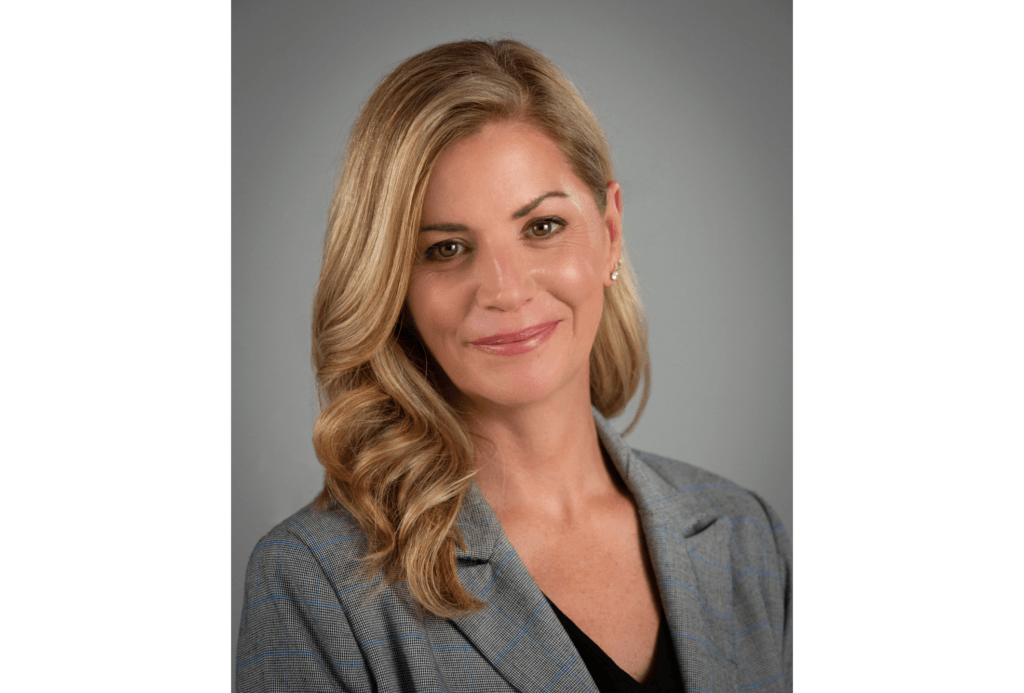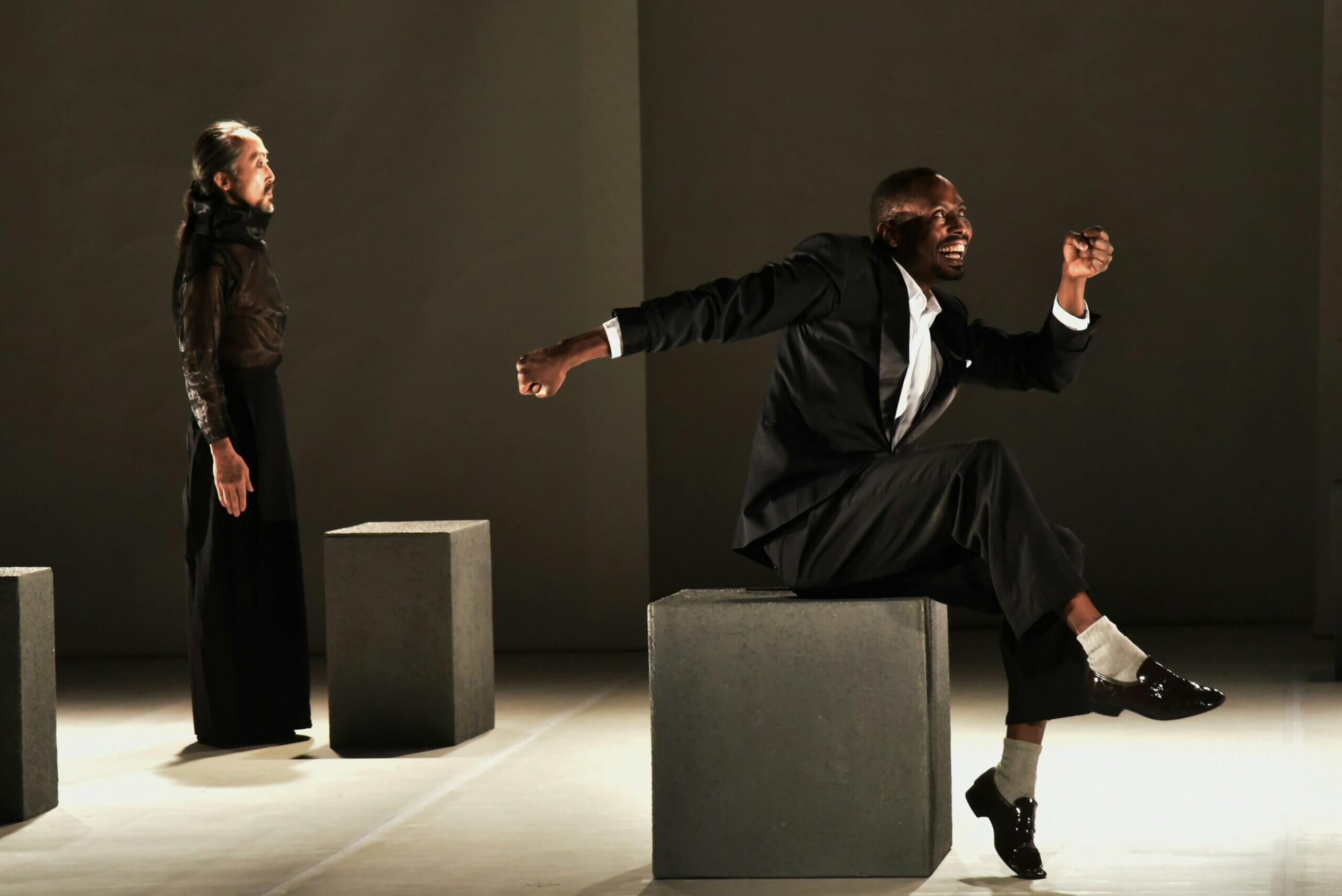Get To Know Emmy-Winning Casting Director Mary Clay Boland as She Returns to NYC
After an eight-year hiatus, prolific casting director Mary Clay Boland is back behind the table. Except this time’s a bit different. The Emmy-winning powerhouse is pouring her wealth of experience, which she earned working on iconic shows like Friends and The Sopranos, into building the new casting division at MCM Creative. It’s a venture that excites her, not only because it means a return to casting after raising her family, but because it’s going to be much more hands-on.
From starting out casting at New York’s legendary Circle Repertory Theater to her tenure at Warner Bros. Studios, Boland’s credits run the gamut. In addition to the aforementioned hits, she’s worked on other pop culture phenomenons like Gilmore Girls and the soap opera As the World Turns. Boland’s glittering resume may place her in a desirable echelon of talents, but it’s her kind and actor-first approach that no doubt speaks to her success. She first felt the spark while working with actors as a director in college, and was thrilled to see she could ignite that passion into a full-blown career.
Read on to drop into our discussion with Boland, as she shares tips for both aspiring actors and casting directors, what excites her about reentering the business after nearly a decade, and much more.
Casting Network: Hi Mary Clay! Thank you so much for taking the time to speak with us. First of all, what was your initial path to getting into casting?
Mary Clay Boland: I started out performing live as a ballerina. I was actually a ballet dancer for the first part of my life, studying it at Indian University, until I was injured. Then basically, I was like, “What am I doing?” So, I quit that and got into theater and television. I started focusing on directing and theater. Every time I directed, my favorite part was the audition process. I had no idea that casting was even a job, I just knew that I loved that aspect. I loved working with the actors, and giving them adjustments and having my vision of the scene come to life, but also seeing them make choices and surprise me. That was where I got the bug, I think.
After I graduated, I was working for an ad agency and was not happy. My mom was a professor and had this internship book. I looked through it and saw all these casting internships. It was amazing! I wanted to go to New York, because I love New York. So I applied to Circle Rep Theater and two other regional theaters and ended up going to Circle. I was there for a year. I knew I loved theater and I still love theater, but it was TV that I wanted to switch to. I got a job at Law & Order right out of my internship and kept doing TV after that.
CN: That’s almost like an actor’s journey — Law & Order and all!
MCB: It is kind of true! It’s funny because the head of Circle Rep at the time was Austin Pendleton and he said, “Ok so you’re here for casting for the year, but what do you really do? What’s your passion… acting or writing?” I was like, “No, I’m here for casting!” He couldn’t believe it because at the time a lot of people fell into casting from other careers. It was just becoming a sought-after career. Now schools have majors in it and it’s more of a path that people know about.
CN: What do you feel is the most important skill to booking a job as a casting director?
MCB: Well, they may have seen your past stuff and like the people you’ve chosen for roles, but I do think casting is a lot about relationships. I know for me, before I left to go raise my daughter, all the jobs I got were through word of mouth.
There are definitely times when you work on a project and you’re like: “This is not a good fit. We don’t communicate well.” That happens a lot in casting and it’s really important to remember if they fire you or don’t use you again, it’s not necessarily about your skill set, it’s sort of like you have to connect as people. There are certain directors or producers that really get along well with certain casting directors and vice versa, so you have these big connections that last for years.
CN: That makes sense. Congratulations on your return to casting! You’re creating and leading MCM Creative’s Casting division. After your eight-year hiatus, what was it about MCM that made you sign on?
MCB: It’s exciting to be back! Speaking of connections, it was my old relationship with Michael Canzoniero (Founder and CEO of MCM Creative) that brought me back in. He sort of reached out and I loved working with him before. He’s known me forever so it felt like a safe spot to come back and reenter New York. It’s also exciting to have a different facet to casting in that I am planning on building something here. It’ll be casting mainly, but also bringing in projects ourselves. With MCM we can bring in projects and actually work in pre-production and then see it through and to post at MCM and have it be an MCM project. That’s an exciting part for me — almost like a producer side — which is great.
CN: That sounds like a factory of fun!
MCB: Yeah! And the studio space is so amazing. Between the studio and the sound and the editing room — it really is one-stop shopping.
CN: With casting, what are you most excited about getting back into the room?
MCB: I just love working with actors — I really do. I miss giving adjustments and working with actors in the room and seeing a script come to life. For 18 years, that was all I did every day. So it was such a part of me that I didn’t realize when I left I really missed. I just come alive after. It’s really my passion.
CN: “Come alive” — I love that. So as you’re beginning your journey back in casting, what are the major changes you’ve noticed in the process?
MCB: I mean technology-wise, with casting systems and virtual auditions, of course. However, I feel like the actual process will never change because it’s really about finding the right actor, the right fit, the right chemistry… I think that the human part of it can’t be changed. I don’t think there’s an algorithm that can do it. You have to just find that person through human contact and seeing them read the script.
CN: Reflecting on the incredible 18-year CVS-like receipt of experience you bring with you (which includes some of the most iconic shows around), what is something you want actors to know when they enter the room?
MCB: I hope they already know this, but that we are wanting you to succeed. We are on your side and it’s a safe spot to take a risk, make a strong choice — there’s no wrong way. I just want actors to know that casting people are on their side and we love actors. They’re our number one humans that we love! Always know that going in. Even if you don’t book that one, it doesn’t mean that you weren’t seen or put on a list for something else you might be right for.
CN: That’s definitely a wonderful reminder for us actors. Self tapes are obviously huge nowadays. Do you have any hacks across that board that you think can take an audition up another level
MCB: I think that it’s important to know that your production value doesn’t have to be film quality. Don’t worry about props and so on. We’re really just looking at the performance. I think nowadays with all the things people have at their fingertips they want to jazz it up a little, and really we’re just looking at the actual scene.
My hack would be: Don’t torture yourself on the lighting or on your background. We want to be able to see you, but besides that don’t hurt yourself with that kind of stuff. I’m not looking at production value — just the performance!
CN: On the flip side, is there anything you’re excited to do this time around a little differently?
MCB: On a personal side, I’m looking forward to being more on the pproducer aspect of MCM as well. Not just auditioning, but actually seeing projects through and being able to go all the way through with the actors we chose. Usually casting isn’t on site — we’re separate, so there’s always this disconnect. I’m looking forward to being a bit more connected because MCM is sort of the whole package.
And also just having more fun! I’ve lightened up a lot. When you start out in casting you really are so stressed. It’s really an intense job. I think the new generations have gotten better at life/work balance and forcing that upon the industry. That is something I hope to bring to the new job. A mellower me.
CN: I’d also love to know any advice you have for people potentially looking to get into casting?
MCB: Do internships. The longer you are in rooms and in a casting office, the more you see how it’s done. It’s really hands-on experience that helps. Alexandra Berenbaum, who will be assisting me at MCB, started with an internship, too.
It also helps to know actors. Since I was little, I’ve had one of those brains where I remember even the most random day players from TV shows. If you have that kind of brain where you memorize easily and certain actors pop for you and if that’s something that excites you, then casting might be a good fit for you.
Robert Peterpaul is a writer, podcaster and performer, who can be seen in films like IFC's “King Cobra,” T-Mobile ad campaigns, and TV shows like CBS' “BULL.” He currently hosts the hit podcast The Art of Kindness with the Broadway Podcast Network. Other writing and hosting highlights include: NBC’s “Access Hollywood” and “America’s Got Talent,” “BUILD Series,” the Huffington Post and serving as the Weekend Editor for HOLA!/ HELLO! USA for six years. He also co-founded his family’s nonprofit the Thomas Peterpaul Foundation, which aims to end pediatric cancer. Robert has studied at the Barrow Group, Lee Strasberg Theatre and Film Institute, UCB and earned a B.A. from Marist College. Thank you for reading and keep following your bliss! www.robertpeterpaul.com




